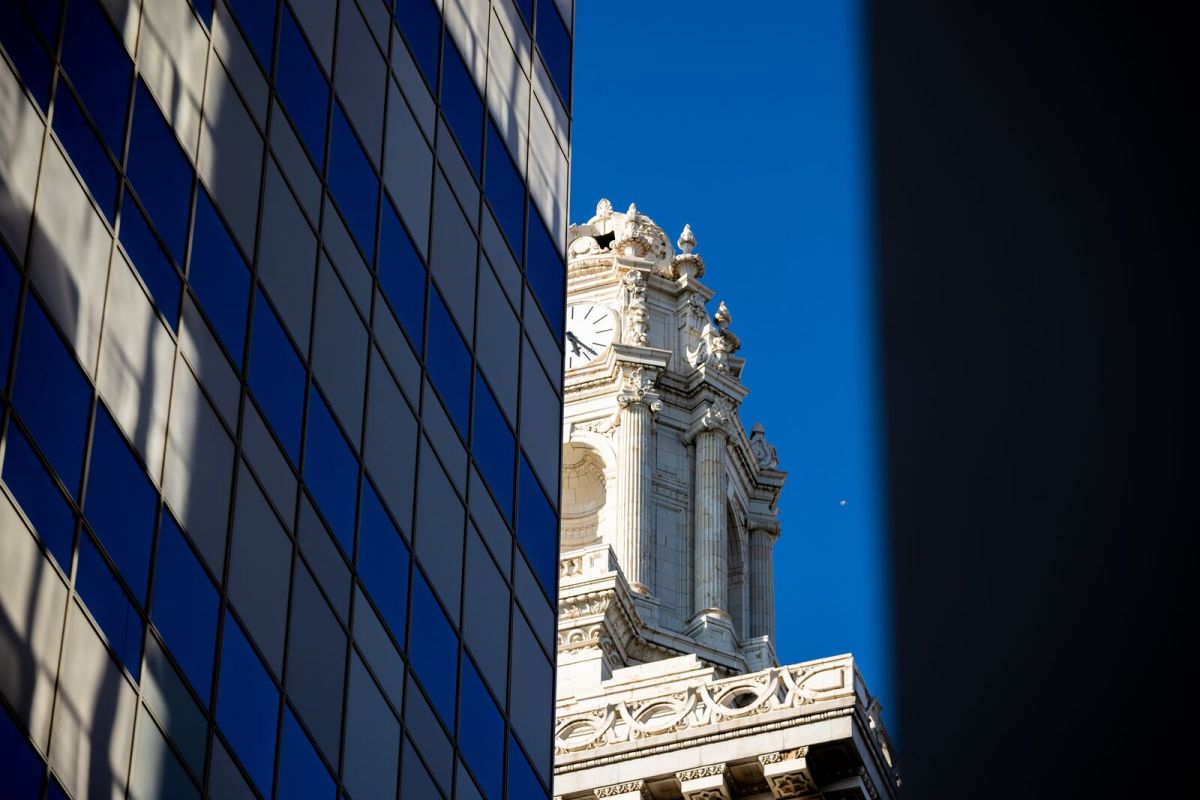Oaklanders won’t be getting any Democracy Dollars to spend in the 2024 general election due to a bad budget year. But the program’s supporters are determined to see a successful launch in 2026.
Democracy Dollars—an initiative to level Oakland’s political campaign finance playing field—was overwhelmingly approved by voters last November. The measure called for giving every registered voter $100 in vouchers they could use to support the campaigns of candidates for City Council, mayor, and other city offices. It’s projected cost of several million dollars for every two-year election cycle was to be paid for out of the city’s general fund.
But Oakland officials were forced to postpone the initiative due to a historic shortfall in the city’s general fund.
“We’re disappointed, as you can imagine,” said Ryan Micik, chair of the Public Ethics Commission, which is charged with regulating and enforcing the city’s campaign finance laws and responsible for overseeing Democracy Dollars. “We understood with the city facing a fiscal emergency this was a possibility. But we were hoping to at least be able to do a pilot program in 2024.”
Part of the impetus for the Democracy Dollars program stemmed from a 2020 report by the Public Ethics Commission that found residents in East Oakland account for a tiny fraction of campaign contributions over $100. Over half of contributions come from a handful of communities, including Montclair and Rockridge, which are whiter and wealthier than the rest of the city. The report also noted that roughly half of the money going to political races originates from out of the city.
Seattle is the only city to date that has implemented a Democracy Dollars program, and data suggests it’s boosting participation in campaign finance. The city has reported a significant increase in the number of donors per race and the number of candidates.
The Oakland City Council did give $155,000 to the ethics commission that will be used to reimplement the city’s limited public campaign finance system. Micik said this was a critical bit of relief because Measure W repealed the city’s Limited Public Financing Act. This law, which has been in effect for over two decades, provides some public dollars to candidates running for City Council—essentially a limited version of Democracy Dollars. Micik said if the council hadn’t approved this money, Oakland would have been at risk of having no public campaign financing system at all in 2024.
“That really was not what we considered to be a good outcome, given it was pretty much the opposite of what voters asked for,” Micik added.
The commission also received some funds to hire a program manager and handle startup costs for the program, which Micik said is critical. The commission is already severely overburdened in its core services: for example, the head of the enforcement team, which handles public ethics complaints, recently announced that due to prolonged staffing problems, he’s putting half of Oakland’s existing cases on hold indefinitely.
A silver lining to the delay is that the commission now has more time to prepare for the rollout of the complex program. Micik said the city needs to establish contracts with vendors to set up computer systems, develop materials to send to residents, design the vouchers, and create performance benchmarks, among other things.
Members of the Bay Area Political Equality Collaborative, or BayPEC, which helped get Democracy Dollars on the ballot last year, want to help the commission with outreach.
“We are trying to figure out what that’s going to look like, but we know there’s going to be all sorts of different things,” said David Shor, a program manager for California Common Cause. As examples, he said organizers may hold events where community members can get information about how the program works. He said organizers were present at a recent First Fridays festival to provide residents with info about Democracy Dollars.
“Our goal is basically when people see (vouchers) in the mail, they know exactly what it is,” Shor said. “And they’ll already be thinking about who they want to give it to.”
Pecolia Manigo, policy director for the political advocacy group Oakland Rising, said she learned firsthand the potential benefits of a strong public campaign financing option when she ran for a seat on the Oakland School Board last year. Manigo said she spoke with over 3,000 people during her campaign and discovered many people couldn’t afford to make political donations.
“To have a viable City Council campaign, we’re talking about thousands of dollars just to do simple things like send a mailer to voters in the district or being able to pay for the filing fees,” Manigo said. “Those are things the average individual does not have, so I think public financing in Oakland is important.”
Manigo said a robust public financing program like Democracy Dollars could create a more equitable democracy in Oakland. It could also potentially disrupt Oakland’s political status quo by giving more voters a reason to believe that their voices matter.
“We believe in an Oakland where there’s equitable democracy; where the flatlands have representation, and where Black, indigenous, people of color have the ability to run for office,” Manigo said. “And where corporations and privatizers are not strong-arming our political system.”

